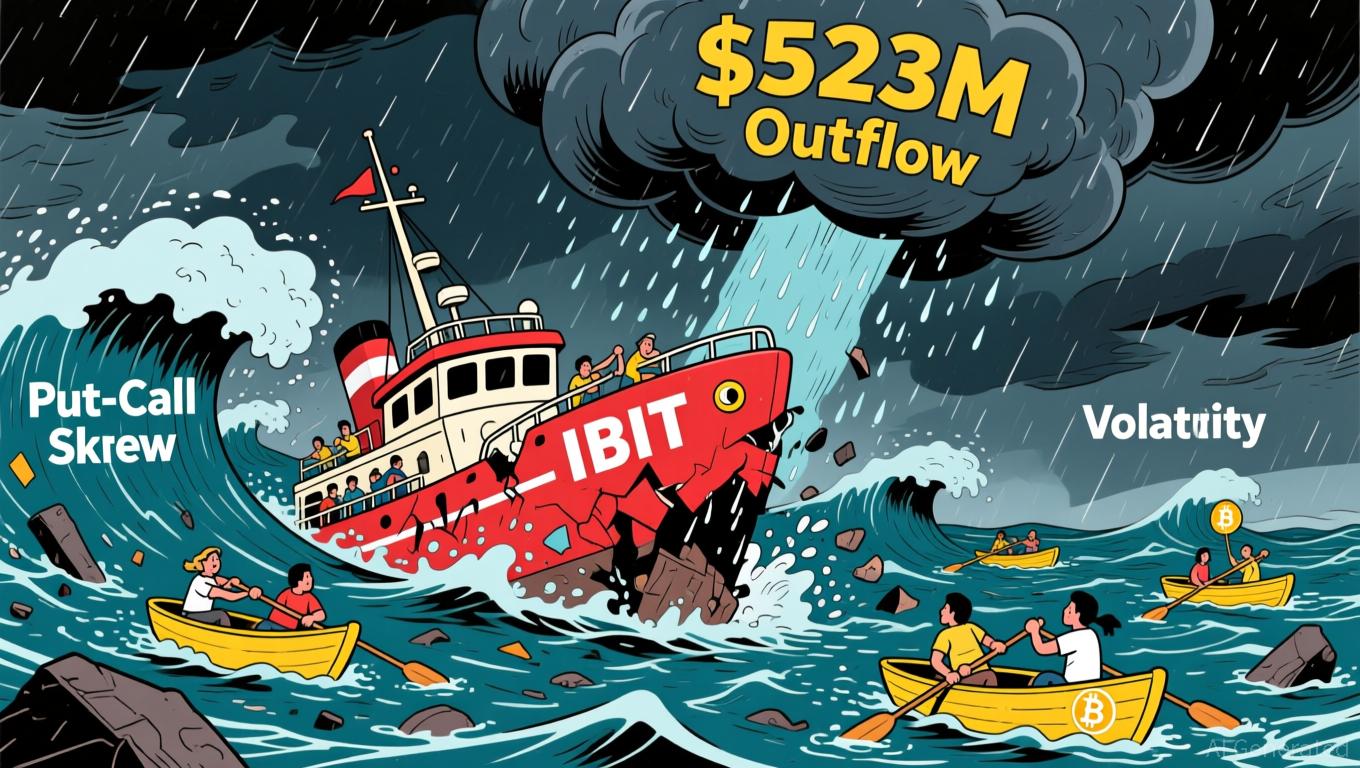Bitwise CIO says Tether’s growth trajectory could rival world’s most profitable companies
Quick Take Bitwise CIO Matt Hougan says Tether’s potential scale shows how crypto is tackling trillion-dollar market opportunities. Hougan argues that understanding these markets reframes how investors should approach the crypto industry.

Leading stablecoin issuer Tether could one day eclipse Saudi Aramco's record to become the most profitable company in history, according to Bitwise Chief Investment Officer Matt Hougan.
In his latest client memo , Hougan noted that recent reports of Tether seeking a $500 billion valuation raised eyebrows — making it one of the most valuable startups in the world alongside OpenAI and SpaceX — but pointed out that its trajectory makes more sense when viewed against the vast money markets it could tap.
Earlier this year, Tether CEO Paolo Ardoino claimed USDT is used by more than 400 million people worldwide, growing at a pace of 35 million wallets per quarter, focused on developing countries while strengthening the U.S. dollar. Tether holds over $127 billion in U.S. Treasurys as of Q2 , placing it among the top 20 largest holders, comparable with sovereign nations like the UAE and Germany, and just behind Saudi Arabia, according to Treasury Department statistics.
With near-total dominance in stablecoin adoption across non-Western countries, there's a chance that many emerging markets will convert from primarily using their own currencies to using USDT, Hougan said, in which case, Tether could conceivably grow to manage trillions in assets. At current interest rates, reaching $3 trillion in assets would generate profits surpassing the oil giant's $120 billion haul in 2024, he noted.
Tether, whose team of less than 200 generated a profit of approximately $13 billion in 2024 and currently holds more than 100,000 BTC ($11.4 billion), has also been aggressively deploying capital into a variety of projects beyond stablecoins in recent years across sectors, including artificial intelligence, telecommunications, data centers, energy infrastructure, and bitcoin mining . Additionally, the firm recently announced USAT, a new U.S.-regulated, dollar-backed stablecoin intended to serve American users and complement USDT's global reach.
Crypto is tackling some of the largest addressable markets in the world
Tether's potential illustrates a broader point, Hougan argued: crypto is chasing markets so large that even modest penetration could produce outsized valuations, as highlighted by bitcoin's $2.3 trillion market cap. While skeptics may find the figure hard to justify, it represents less than 10% of the $25 trillion gold market it is targeting, he said — a far easier path than a tech disruptor attempting to displace 100% of Amazon's market share to reach the same valuation.
Blockchains like Ethereum and Solana are competing similarly in the enormous global payments and capital markets. McKinsey estimates the payments industry processes $1.8 quadrillion each year, while SIFMA and Savills estimate stocks, bonds, and real estate are valued at $665 trillion combined.
"The markets are so large, in fact, that no single, centralized company could dream of capturing more than a small fraction of them," Hougan said. "But Ethereum and Solana are different. As decentralized supercomputers with global scale, they have a real shot at taking a major share. That's why they are worth ~$500 billion and ~$100 billion, respectively."
Crypto investment implications
Hougan highlighted two takeaways for investors: crypto's upside lies in targeting some of the largest and most important markets in the world, and the risk profile demands diversification.
He compared crypto investing to early-stage venture capital, where most bets fail but a handful become transformative, predicting that the industry will see more billion-dollar collapses than any other, yet those failures could be matched by successes bigger than anything seen in the traditional tech space.
The question for investors, the Bitwise CIO said, is not which specific token will succeed, but whether crypto as a whole will matter more in five years.
Disclaimer: The content of this article solely reflects the author's opinion and does not represent the platform in any capacity. This article is not intended to serve as a reference for making investment decisions.
You may also like
Stellar News Today: Established Market Prefers Altcoins with Practical Use Cases Rather Than Pure Speculation
- MoonBull (MOONBULL) raised $600,000 in funding, highlighting growing institutional interest in utility-driven altcoins with DeFi infrastructure and staking rewards. - Crypto.com's CRO token maintains stability through expanded merchant partnerships and AI-driven tools, positioning it as a "safe haven" amid market volatility. - Stellar's XLM sees renewed adoption via cross-border payment partnerships, with 20% higher transaction volumes reflecting demand for low-cost solutions in emerging markets. - Marke

Hong Kong Steps Up Global Stablecoin Oversight, Focuses on Competition with Tokyo
- Hong Kong regulators impose strict rules on stablecoin issuers, requiring fiat-collateralized tokens and a 25M HKD capital requirement. - Aligning with global trends, the rules aim to curb risks from algorithmic stablecoins but raise concerns about Hong Kong's competitiveness against rivals like Japan. - Japan's pro-crypto policies and incentives attract firms, while global players like Deutsche Börse integrate fiat-backed stablecoins into financial systems. - Hong Kong's framework mandates reserves and

Bitcoin News Update: Japan's Bond Turmoil Triggers Worldwide Crypto Sell-Off Amid Yen Carry Trade Reversal
- Japan's $135.4B stimulus package triggered a 3.41% surge in 30-year bond yields, destabilizing the $20T yen carry trade and sparking global crypto/stock selloffs. - Rising yields threaten Japan's 230% GDP debt load with higher servicing costs, creating a "debt death spiral" risk as BOJ hesitates to tighten policy. - Forced deleveraging by financial institutions intensified Bitcoin's 26% drop, with Ethereum/XRP/Solana also falling 3-5.6% amid margin calls and capital repatriation. - Upcoming 40-year bond

Bitcoin News Today: Bitcoin ETFs See $523M Outflow as Investors Weigh Fear Against Long-Term Strategies
- BlackRock's IBIT ETF recorded a $1.26B net outflow in Nov 2025, its largest redemption since 2024 launch. - Bitcoin price fell 16% to $52, triggering $2.59B outflows across 11 spot ETFs as bearish options demand surged. - Put-call skew hit 3.1% (7-month high), reflecting heightened pessimism and capitulation pressures in Bitcoin's price action. - Gold ETFs gained $289M as investors sought safe havens, contrasting with $1B inflows to tech/healthcare sector funds. - Year-to-date Bitcoin ETF inflows ($27.4B

